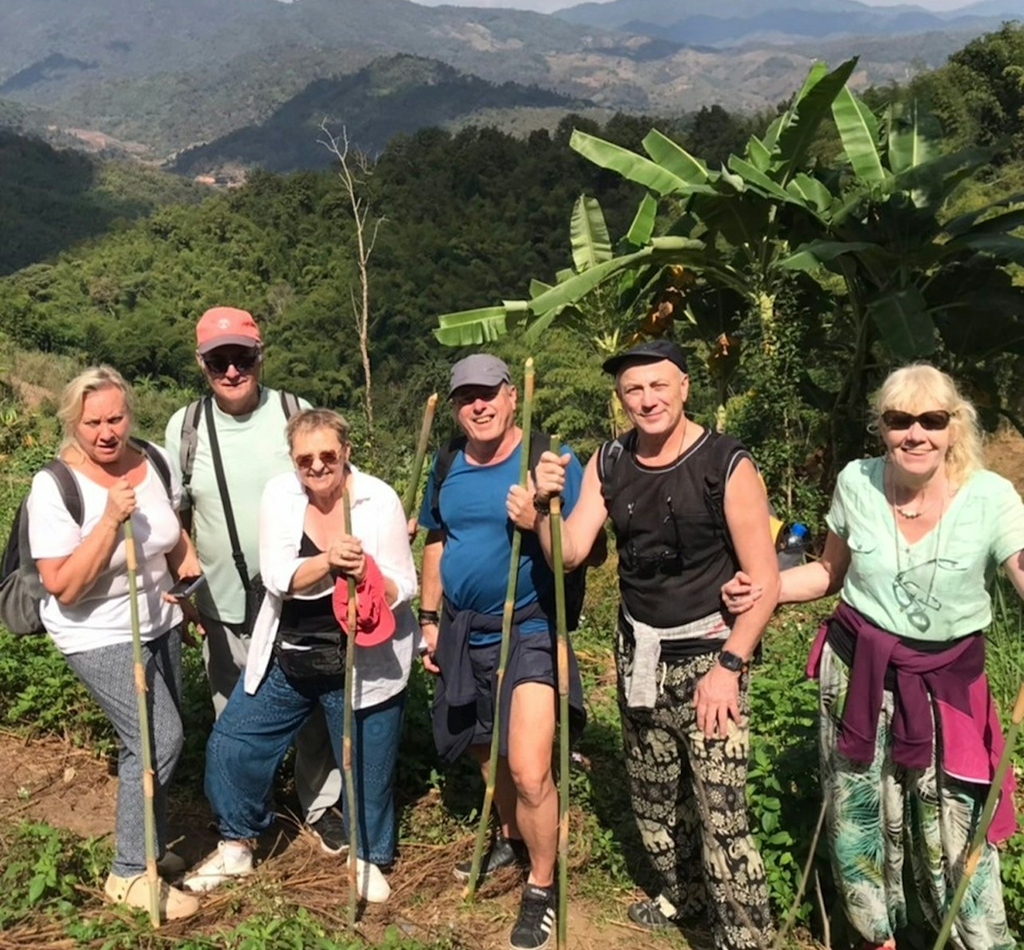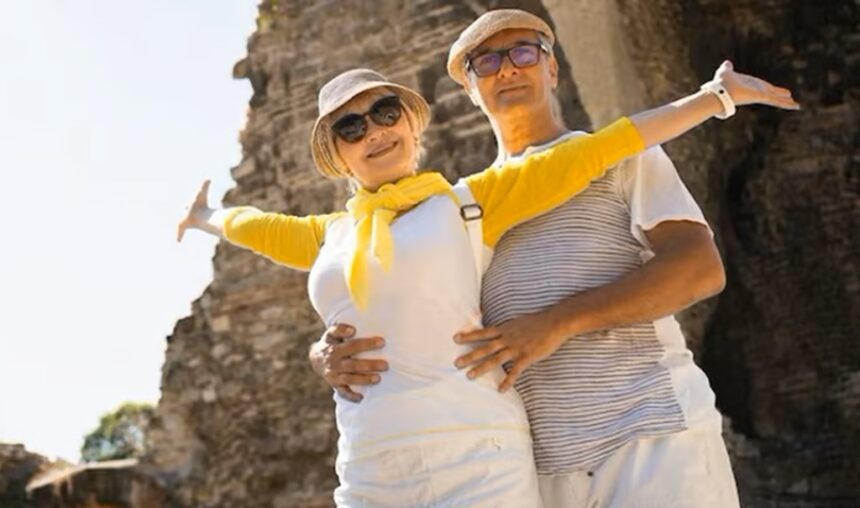A new study from researchers at Harvard has revealed that vitamin D might slow down biological aging. Experts say Vitamin D is known as the “sunshine vitamin” that may boost mental and bone health. UV-B rays are a primary source of vitamin D.
Vitamin D does more than support bone strength. The body makes it through sun exposure, or it can be taken in from food and supplements. Its benefits go beyond bones, helping with many body functions. Research shows vitamin D helps lower the risk of chronic health problems linked to a shorter life.
It helps the body use calcium, which keeps bones strong and helps prevent osteoporosis—a common worry as people age. The vitamin also helps the immune system, which may lower the risk of infections, autoimmune issues, and some cancers. Some studies link good vitamin D levels to less heart disease, which is a leading cause of death.
Lots of Vitamin D in Thailand
Thailand’s sunny climate, reasonable living expenses, and lively culture attract many retirees who want to enjoy these health benefits. Scenic areas like Chiang Rai have become popular among those looking for natural vitamin D, cheap healthy food, and activities such as mountain walks.
A 2014 study found that 45.2% of people in Thailand had low vitamin D levels, especially in cities. This shows how important sun exposure or supplements are for good health, with a target of at least 30 ng/mL for best results.
For retirees, having enough vitamin D may help them stay active and live longer. It can boost muscle strength, making falls less likely—a big concern for older adults. Newer studies suggest vitamin D may also help keep the mind sharp with age.
Thailand’s climate, with its steady sunshine, offers a setting where people can get plenty of natural vitamin D, making it attractive for those wanting to support their health.
Thailand is a favourite for retirees from many countries. The country is known for its affordable lifestyle, good healthcare, and friendly locals. Northern cities such as Chiang Mai and Chiang Rai have growing expat groups.
In 2023, British retiree numbers at places like Care Resort Chiang Mai rose from 22 in 2020 to 59 in 2023, with many coming from the UK.
The Thai government offers visas for long-term stays, including the Elite Visa and Long-Term Resident Visa. These require around $1,500 per month in income or savings, or an investment, making it easier for retirees to settle in.

Low Cost Health-Care
Thailand’s reputation for quality, low-cost healthcare is another reason so many choose to move. It ranked fifth in the 2020–2021 Medical Tourism Index. Chiang Rai in particular stands out for its peace and lower cost of living compared to bigger cities. Its small-town feel, with fewer than 100,000 people, lets retirees enjoy rice fields, waterfalls, and mountains in a calm setting.
Thailand’s low prices draw many people. In Chiang Rai, a retiree can get by on $1,500–$2,000 per month, which is much less than in most Western countries. Living costs for one person in Chiang Mai average $556 a month without rent, and Chiang Rai is even more affordable.
Renting a furnished one-bedroom flat in Chiang Rai costs around $250 each month, with extras like a washing machine and security included. Those who want more space can rent a house in a “moo baan” (gated community) for $600–$890.
Food is also budget-friendly—a Pad Thai from a food stall costs under $3, and fresh produce is much cheaper than in the West. Healthcare is affordable too, with hospital visits around $14 and health insurance for retirees from $650 per year.

Healthy Living in Chiang Rai
Chiang Rai’s setting helps people stay healthy. The area’s sunlight supports vitamin D, which many urban Thais still lack. The cooler weather, especially from November to February, makes it easy to be active outside all year.
Retirees can walk in the mountains at places like Doi Suthep or Phu Chi Fa, which helps their hearts and muscles. These activities go well with the benefits of vitamin D, like better movement and fewer falls.
Fresh, healthy food is easy to find. Markets in Chiang Rai offer local fruit, vegetables, and herbs, making it simple to eat well. Thai meals, often full of turmeric and ginger, cost $2–$5 at local cafes. Many expats even grow their gardens, which is another way to eat healthy and save money.
There’s a variety of housing to suit different needs. Condos are easy to look after, while houses in gated communities give more space and privacy. Renting a three-bedroom home costs around $600–$890 a month, which is much less than in the West. Special retirement homes like Ban Sabai Village offer extra care, including nursing and dementia support, with rates from $1,500 to $2,900 a month.
Expat groups such as the Chiang Rai Expat Club help new arrivals make friends, join coffee mornings, take part in tours, and enjoy classes, building a strong sense of community.

Mountain Trekking and Staying Active
Chiang Rai’s hills are ideal for those who enjoy trekking and staying fit. Trails take people through forests, to waterfalls, and up to views of the countryside. These activities keep retirees moving, which strengthens bones and muscles, helped by all that vitamin D.
Doi Inthanon National Park is a favourite with birdwatchers and those interested in Thai culture. Staying active fits in well with Thailand’s drive to support its growing older population, giving people the chance to keep their independence in a beautiful place.
Retiring in Thailand, especially in Chiang Rai, offers a mix of sunshine, good health, and low costs. The area’s plentiful sunlight supports vitamin D, which helps bones, the immune system, and the heart.
Living expenses are low, at $1,500–$2,000 per month, and healthcare and fresh food are easy to access. Activities like mountain walks and a friendly expat community add to the appeal. For those wanting a longer, healthier retirement, Chiang Rai stands out as a smart and attractive option.














